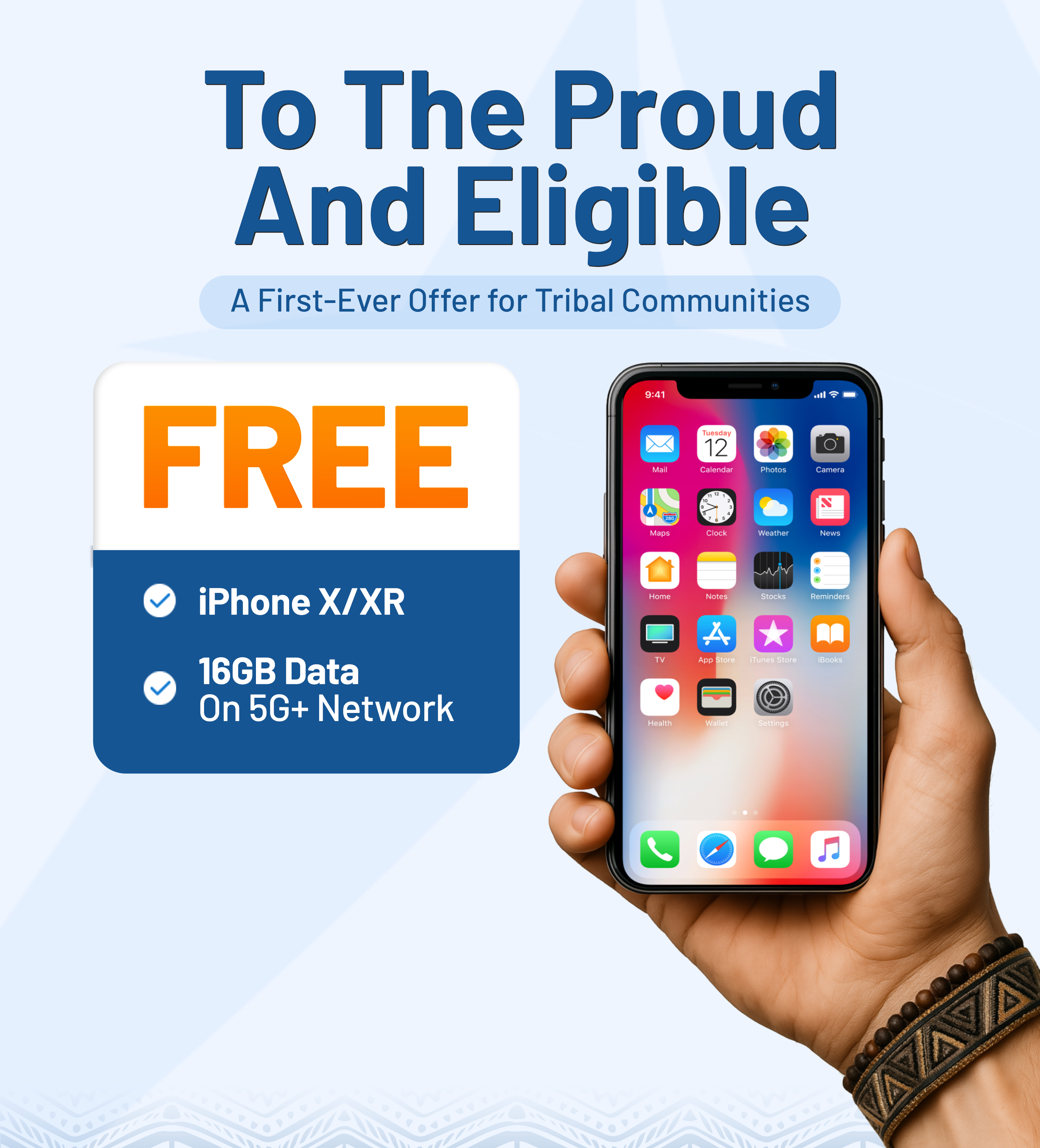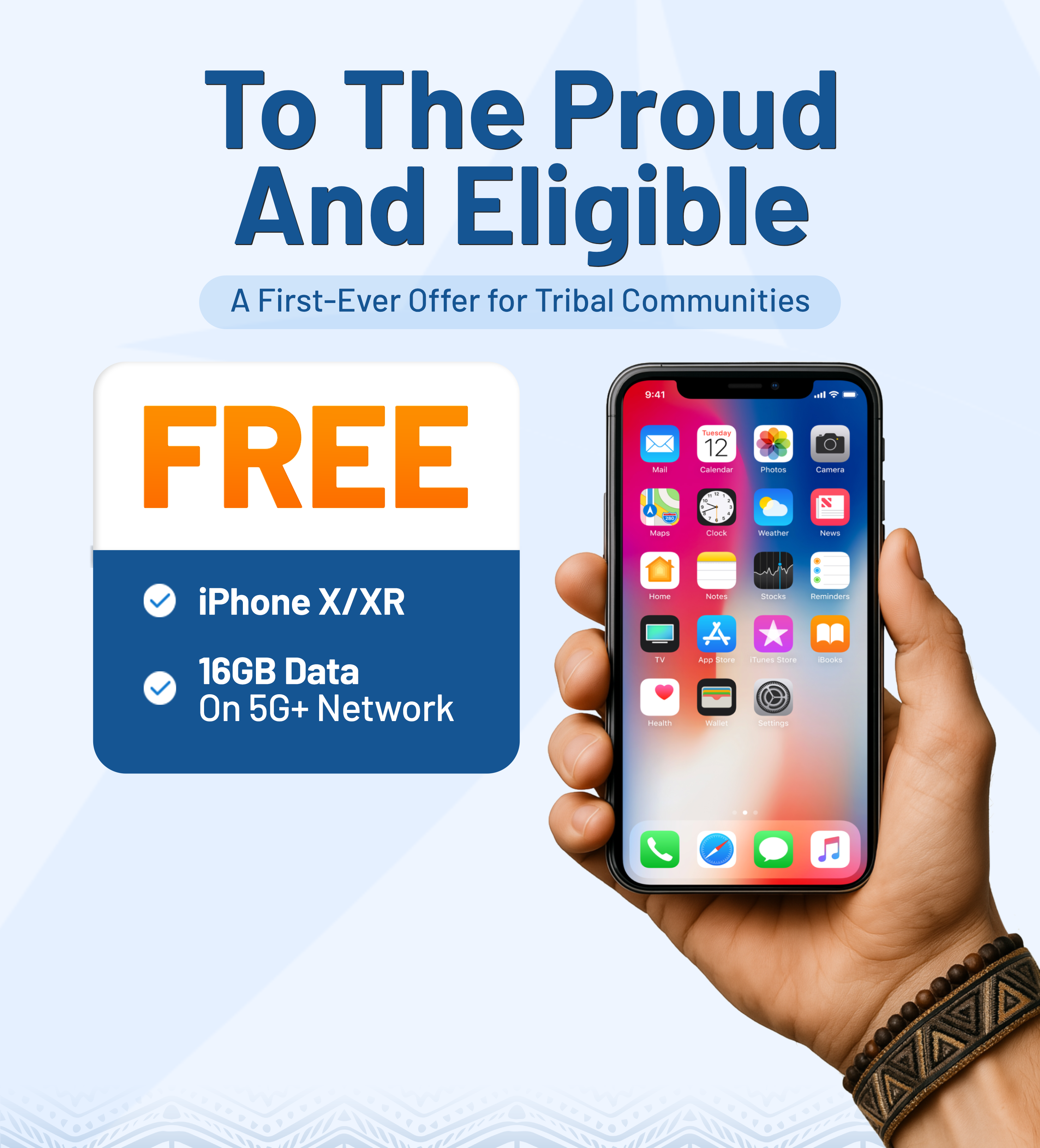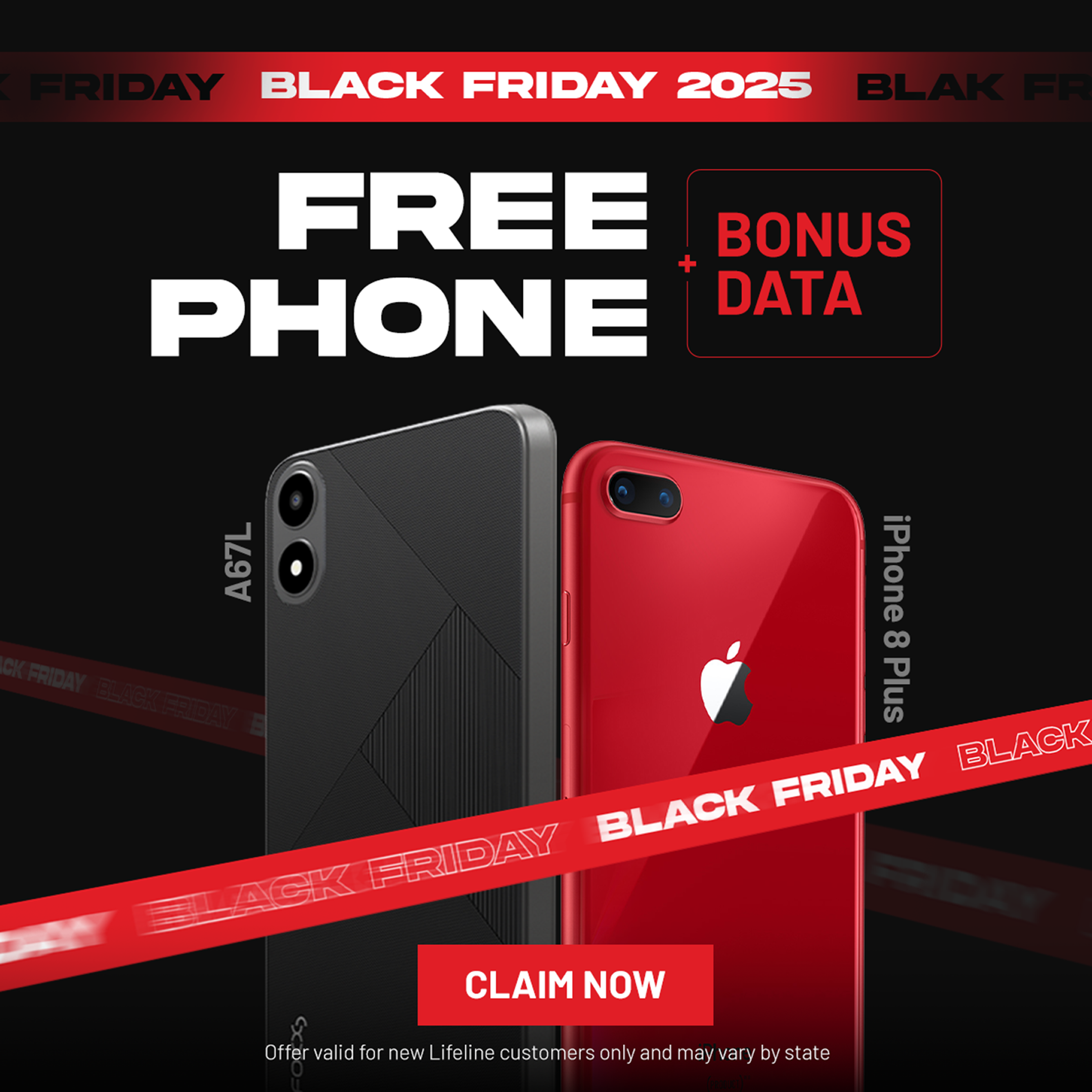When Hurricane Laura struck Louisiana, over 126,000 individuals across 56,000 households received food assistance through DSNAP in just weeks. That’s the power of fast, targeted relief.
If you’ve recently been impacted by a disaster, the DSNAP application could offer timely help and possibly open the door to even more benefits through programs like Lifeline. Here’s what you need to know to apply and make the most of what’s available.
1. What is DSNAP?
The Disaster Supplemental Nutrition Assistance Program (DSNAP), also known as disaster food stamps, offers short-term food assistance for households in federally-declared disaster areas. It’s a temporary but vital program that helps families buy groceries during recovery from events like hurricanes, wildfires, or floods.
While DSNAP is connected to the traditional SNAP program, it works a little differently. You don’t have to be receiving SNAP to qualify.
DSNAP is designed specifically for people who have suffered financial losses due to a disaster: loss of income, property damage, evacuation costs, or even injury. It gives households an EBT card loaded with benefits to help cover grocery expenses for a limited time.
The program only kicks in when a disaster is declared by the President and Individual Assistance is approved by FEMA. Each state administers its own DSNAP process, but the core goal remains the same: to provide immediate food relief when families need it most.
Read more: How To Get A Free iPad With EBT
2. Who qualifies for DSNAP?
Disaster SNAP benefits are open to two groups: those who normally don’t qualify for SNAP and those who already receive it but need extra support after a disaster.
For people not enrolled in SNAP, eligibility depends on several disaster-related factors:
- You live in a disaster-declared area.
- Your household has lost income due to the disaster.
- You have increased expenses (like repairs, hotel stays, or evacuation costs).
- Someone in the household was injured in the disaster.
You don’t need to meet regular SNAP income requirements. DSNAP adjusts financial guidelines to reflect the challenges caused by disasters.
For existing SNAP recipients, there’s still help available. If your household currently gets less than the maximum benefit amount for your family size, you may qualify for a supplement. This would temporarily boost your benefits to the full monthly amount allowed for your household size, as long as you’ve experienced disaster-related losses.
So whether you’re a first-time applicant or a current SNAP user facing new hardships, DSNAP may be able to help cover your food costs while you recover.
3. DSNAP Application – Things You Need to Know
Each state sets its own DSNAP application process, so your first step is to check with your local SNAP office or visit your state’s DSNAP webpage. For example, in Louisiana, the Department of Children & Family Services (DCFS) outlines the full application steps at www.dcfs.la.gov/DSNAP.
Here’s how to apply for DSNAP in general:
Step 1: Gather Your Information
You’ll need to provide the following details for every member of your household:
- Name, date of birth, and Social Security Number (if applicable)
- Driver’s license or state-issued ID (for the head of household)
- Residential and mailing address
- Income and financial resources (cash, checking, and savings balances)
- Estimated disaster-related expenses (repairs, lodging, etc.)
Step 2: Register Online or by Phone
In Louisiana, you can pre-register through the DCFS CAFE portal at www.dcfs.la.gov/cafe or call 1-888-524-3578. Pre-registration isn’t required, but it helps streamline the application.
Another useful tool is the LA Wallet app, a free mobile ID app that helps verify your identity and residency. Download it ahead of time to make things easier during your phone interview.
Step 3: Apply on Your Scheduled Day
Each state will post a DSNAP operation schedule based on region or parish. On your designated day, call the application line again. For Louisiana, it’s 1-888-524-3578 (available between 8 a.m. and 5 p.m).
During your interview, a caseworker will:
- Confirm your identity and address
- Review your income and resources
- Go over disaster-related expenses
You’ll find out on the spot whether you qualify and how much assistance you’ll receive. A confirmation letter will follow in the mail, along with your EBT card (usually sent via mail or FedEx). If you’re in temporary housing or a shelter, be sure to give the caseworker that address.
Quick note about activating your DSNAP Card:
To activate your DSNAP card and start enjoying DNSAP benefits, call the activation number provided by your state’s DSNAP office and follow the prompts. You’ll typically need the last four digits of your Social Security Number (or an alternate ID number provided), your date of birth, and your ZIP code. Make sure to choose a secure PIN – simple ones like “1234” or your birth year may not be accepted.
For example, in Louisiana, you can activate your DSNAP card by calling 1-888-997-1117.

4. Maximize DSNAP Benefits with Lifeline Program
Here’s something many people don’t realize: If you’re approved for DSNAP, you automatically qualify for Lifeline, a federal program that helps lower-income families get phone and internet access.
So how Lifeline benefits people?
- Lifeline provides monthly discounts on phone or internet bills: up to $9.25 per month (or up to $34.25 on Tribal lands).
- On top of that, many Lifeline providers offer free devices, including smartphones, tablets, smartwatches, etc., as part of the enrollment.

To apply, you’ll just need to upload proof of DSNAP participation. One of the top-rated Lifeline providers is AirTalk Wireless, which offers:
- A wide range of free devices, from basic to premium smart ones
- Unlimited monthly text, call and data
- Easy online application process
- Bring your own phone or device if you want to keep using the current one and only get plans with data
- And more!
If you’re applying for DSNAP anyway, don’t miss the chance to claim a free Lifeline device – it could help you stay connected while getting back on your feet. See this guide below and apply to get your Lifeline free phone services now.
>>> Read more: 5 Steps To Get Free Phone Service With Food Stamps (SNAP)
5. FAQs
5.1 Who is eligible for DSNAP in Florida?
To qualify for D-SNAP Florida, you must:
- Live in an area declared for federal disaster assistance
- Experience food loss, home damage, or lost income
- Meet income and asset limits adjusted for disasters
- Apply during your designated DSNAP period and provide ID
5.2 What about DSNAP Georgia after Hurricane Helene?
Georgia launched a 4-phase DSNAP rollout for areas affected by Hurricane Helene. Phase 4 (the final phase) runs through Nov. 23, 2024, and covers counties like Laurens, Wayne, and Telfair. Residents can pre-register through Georgia’s DFCS.
5.3 Is SC giving emergency food stamps for Hurricane Helene?
Yes. As of Nov. 19, 2024, SC DSS received approval to modify its DSNAP process. Counties such as Jasper, Oconee, and Aiken can apply during telephonic or onsite DSNAP SC application phases, depending on the updated schedule. Keep an eye on SC DSS announcements for final dates of DSNAP Hurricane Helene.
5.4 How to activate Food Stamp card Louisiana?
Call 1-888-997-1117, enter your 16-digit card number, and set a PIN using your SSN, DOB, and ZIP code. If no SSN was provided, call 1-888-524-3578 to get a temporary ID number for activation.
Avoid using PINs like “0000,” “1234,” or your birthday because they won’t be accepted by the system.
Also check: Free Programs for SNAP Recipients: How to Access Benefits
Final Words
Disasters create stress, uncertainty, and sudden financial strain – we totally understand. Fortunately, programs like DSNAP exist to bring quick relief and when paired with Lifeline, they can offer much more than food assistance.
If you qualify, don’t miss out on DSNAP application. Apply early, gather your documents, and take advantage of the support available to help you recover faster and stronger.


